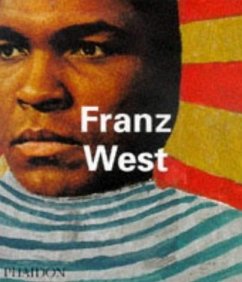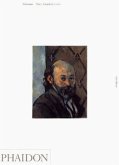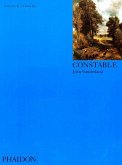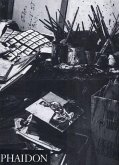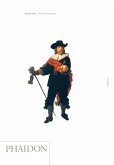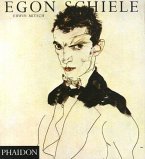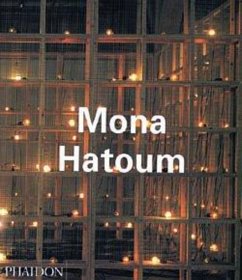Emerging from the 1960s generation of Viennese Aktionists, who used their own bodies in their art, Franz West (b.1947) is an internationally renowned Austrian artist who incorporates the bodies of his spectators into his work. Often inviting visitors to participate in or even wear his sculptures, West encourages us to explore our involvement in contemporary art and its presentations. The resulting works are not always aesthetically pleasing. His oddly-hued plaster forms called Passtücke (Adaptives) - ordinary objects wrapped in gauze and dipped in plaster - are sculptures to be worn by the viewer that contort the body into bizarre positions. His public works include his contribution to Documenta IX in 1992, in which he set out row after row of metal-framed couches, draped with rugs and fabrics, for public use in an open square behind the Fridericianum: a new kind of public art for weary museum visitors. Drawing inspiration from the history of art (reclining icons such as Manet's Olympia), psychoanalysis (Freud's sofa in West's native Vienna) and a socially interactive type of art, these works are at once both introvertedly personal and extrovertedly public. Austrian critic and curator Robert Fleck surveys West's work and discusses the influence of such thinkers as Freud and Wittgenstein. The founding editor of Europe's most influential contemporary art journal, Parkett , Bice Curiger interviews West in one of the artist's furniture installations. In the Focus, Assistant Director of Art and Public Programs at Washington D.C.'s Hirshhorn Museum and Sculpture Garden, Neal Benezra concentrates on West's Etude de couleur (1991), an important signpost for West's oeuvre of the past decade. West has chosen a text by Kathryn Norberg on the history of prostitutes, historical figures who, like artists, occupy an ambiguous public position in society. West's writings include a sculpture/text published here for the first time.

